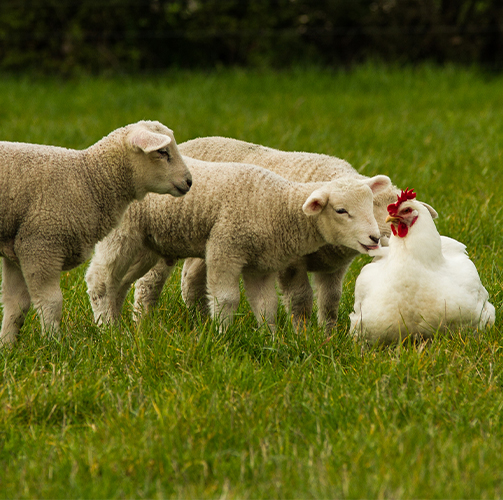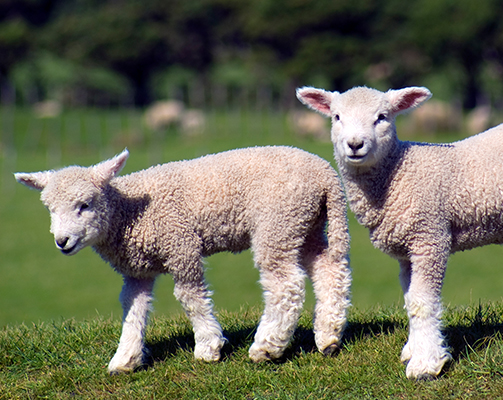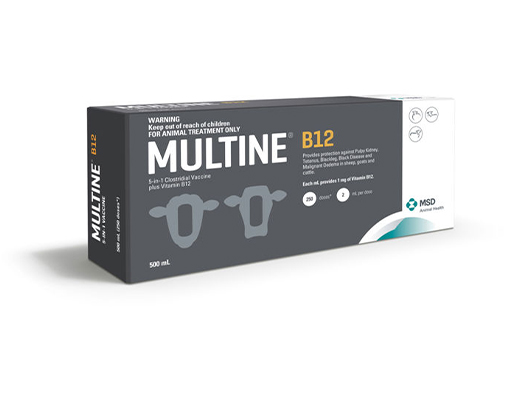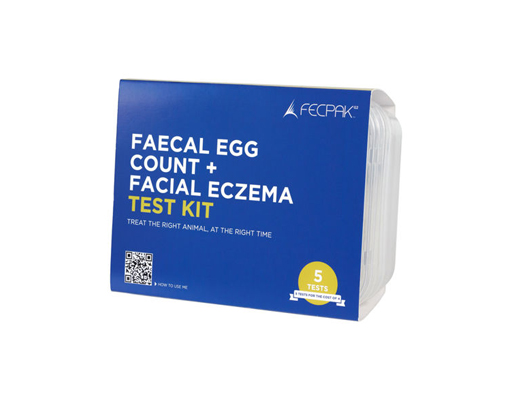

Lamb Rearing for Vitality
Words by Tiffany Menzies
Undoubtedly, one of the joys of spring is seeing healthy well-fed lambs at play. Other signs of a healthy lamb are that they have a good appetite, move freely without pain or discomfort, are bright-eyed and alert with ears up and are interactive with their world.
Foundational to healthy, hand-reared lambs are preparation consistency, paying attention to detail, maintaining good hygiene practices, having trained helpers, being observant, using all your senses and quickly nipping problems in the bud, while keeping everyone healthy and safe. Critical to good health is always ensuring lambs have access to reachable, fresh, clean drinking water. Applying tincture iodine to wet navels prior to shed entry is recommended.
Scours or diarrhoea can be nutritional or infectious but cannot be ignored. Prompt attention is essential. Feeding electrolytes such as Reliance Blue Boost for mild nutritional scours or supportively prior to stressful events can aid lambs’ transitioning in these periods.
Typically, the parasitic disease of coccidiosis affects susceptible lambs aged one to four months old, depending on the level of threat and degree of protection given. Having the coccidiostat decoquinate in lambs’ feed prior to any risk period can aid coccidiosis prevention, or be used for treatment. It is also a safer option for the health of other animals such as dogs or horses, should they unknowingly gain access to feed containing decoquinate, unlike some other coccidiostats.


If hand-reared lambs are overfed, particularly aged two to four weeks old, it can favour a build up of the bacteria species Clostridia perfringens and Sarcina in the stomach (abomasum), and lead to abomasal bloat. Other key contributing factors include poor hygiene or feeding methods, and damaged teats. Prevention is the best defence here, as effective treatment is not always possible. It is advisable to promptly consult an animal nutrition specialist or experienced lamb rearer over any lamb health concerns, or your local veterinarian for medical requirements.
Clostridia are common bacteria known for causing rapidly-fatal disease that usually targets the good-doers. However, through using a robust vaccination schedule and good vaccine products such as Multine, clostridial diseases are readily preventable. Managing worms to mitigate parasites is not only important, it is a welfare issue to continually address. Once weaned and grazing pasture, lambs ingest infective gut parasite larvae, which is why regular faecal egg count monitoring is highly recommended to help manage parasites and assess the need of a worm drench. Feeding lambs on protein and energy rich quality forage crops is also recommended to support optimal growth rates and help reduce the toll of parasite challenge.
The optimal age for castrating and tail docking is now considered to be two to four weeks. Also be sure to provide vaccination protection against the clostridial disease of tetanus, and use a fly strike treatment in risk areas. Successful healthy lamb rearing hinges on having a good animal health plan in place and reaching out for advice from others, so you are not left suffering in silence when problems appear overwhelming. This will enable you to reap the rewards of good productive and performance outcomes.
FEATURED PRODUCTS



Multine B12 Vaccine 500ml
MULTINE® B12 is a clostridial vaccine that protects sheep, goats, dairy and beef cattle against pulpy kidney, malignant oedema, tetanus, black disease and blackleg.

FECPAKG2 5 Test Kit
The 5 FECPAKG2 test kit pack is great value and is a helpful testing kit to monitor animals parasite levels in faecal egg counts and exposure to facial eczema spores.